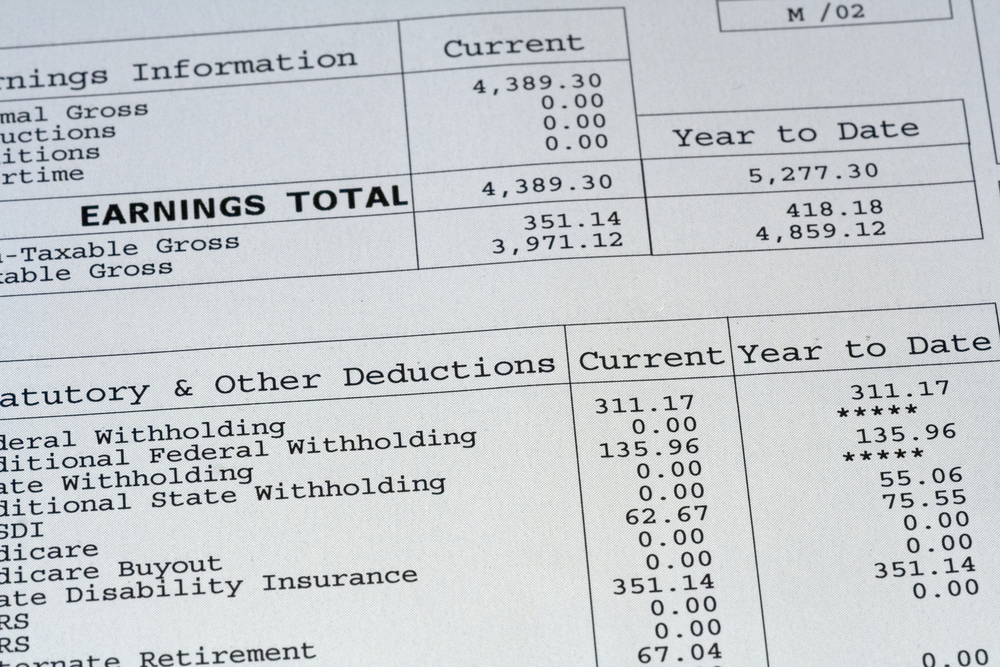Last week, U.S. District Court Judge Tanya S. Chutkan ruled that the EEOC may not discontinue its pay data collection efforts on November 11, 2019, but rather, must continue its collection efforts until it has collected from at least 98.3% of eligible reporters and must make all efforts to do so by January 31, 2020. The ruling is the latest in a lengthy saga regarding whether EEO-1 Component 2 pay data (data on employees’ W-2 earnings and hours worked across broad job categories, and broken down by ethnicity, race, and sex) would be collected—a saga that began with the Office of Management and Budget staying collection efforts, and culminated last Spring when Judge Chutkan ruled the decision to stay the collection lacked the reasoned explanation required by the Administrative Procedure Act (see overview here). After vacating the stay, Judge Chutkan initially set the deadline for data collection for May 31, 2019, but later extended it to September 30, 2019. READ MORE
The Saga Continues: EEO-1 Pay Data Collection Extended Again








